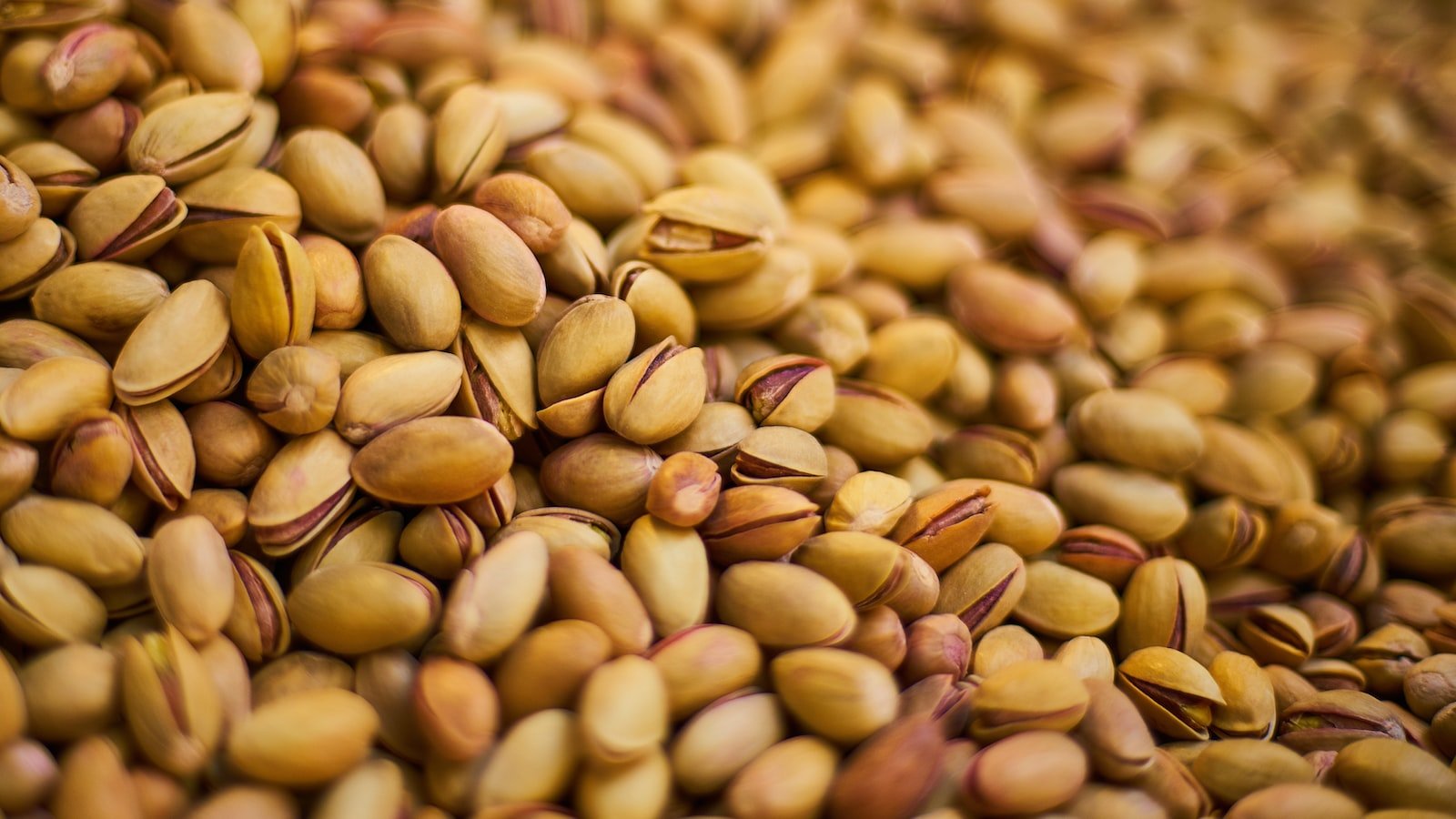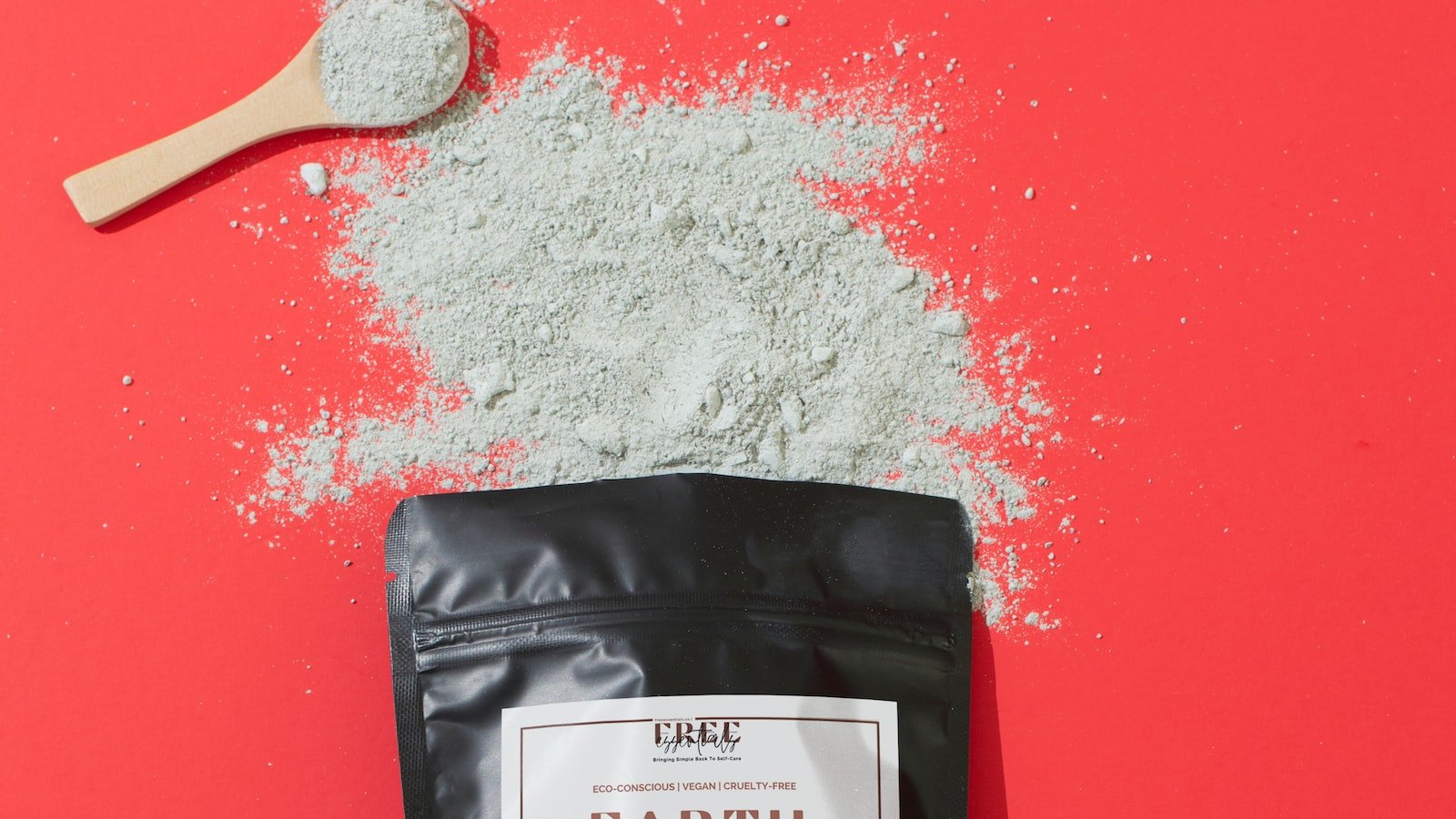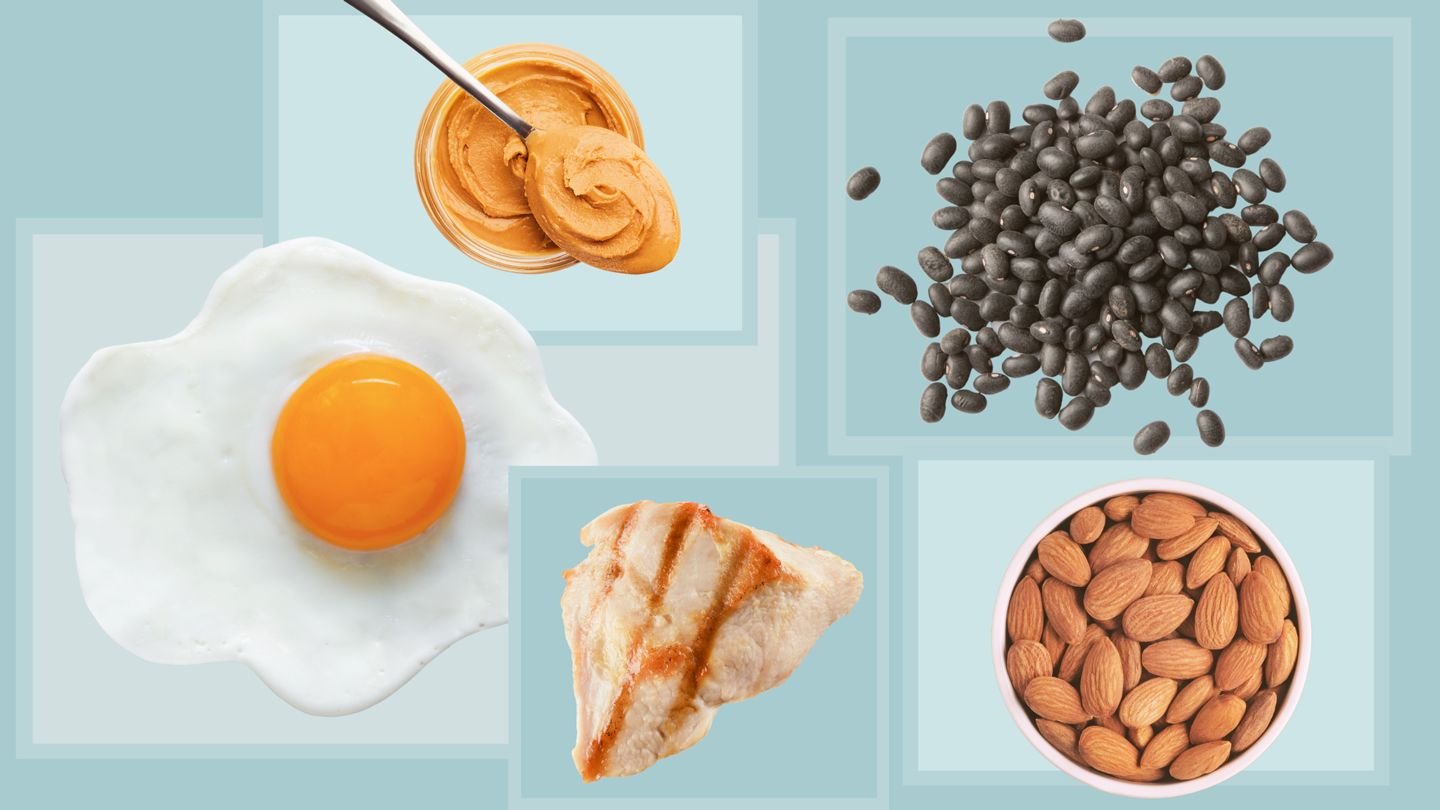Protein Power: The Building Blocks of Muscle Repair
In the grand symphony of our bodies, muscles gracefully perform feats of strength, agility, and endurance. From pumping iron at the gym to sprinting across a finish line, our muscles are the unsung heroes behind our physical achievements. But what keeps these magnificent fibers in tip-top shape, ready to conquer any challenge? The answer lies in the profound magic of protein. Like master craftsmen, proteins play a pivotal role in repairing, nourishing, and fortifying our muscles, ensuring they withstand the relentless demands we place upon them. In this article, we unravel the mystery behind the vital role that protein holds as the bedrock of muscle repair, uncovering the secrets that sculpt the foundation of our physical prowess. Embark on this journey with an open mind and a curious spirit, and prepare to marvel at the power of protein, the true building blocks of muscle repair. Brace yourself – it’s time to uncover the enigmatic forces that drive our bodies to reach unprecedented heights!
The Importance of Protein in Muscle Repair
When it comes to muscle repair and recovery, protein plays a crucial role that cannot be overlooked. This mighty macronutrient has gained a well-deserved reputation for its ability to support and enhance the repair process of muscle tissues, making it an essential component of any fitness enthusiast’s diet.
Protein is made up of amino acids, the building blocks of muscle tissue. These amino acids act as the foundation for repairing and rebuilding damaged muscles after intense workouts or injuries. Incorporating an adequate amount of protein into your diet ensures a sufficient supply of amino acids, which results in faster and more efficient muscle repair.
Not only does protein aid in muscle repair, but it also helps to prevent muscle breakdown. During exercise, our muscles undergo stress and small tears occur. Protein steps in to minimize the damage by providing the necessary nutrients to repair these tears, preventing them from becoming more severe and leading to muscle loss over time.
It’s important to note that protein is not only necessary for repair but also for growth. Whether you’re striving to build lean muscle or aiming for a more toned physique, protein intake is integral to achieving your goals. It helps to stimulate muscle protein synthesis, where new muscle fibers are created, resulting in increased muscle mass and strength.
To maximize the benefits of protein in muscle repair, it’s essential to consume a variety of protein-rich foods. Some excellent sources of protein include lean meats, poultry, fish, eggs, dairy products, legumes, nuts, and seeds. Incorporating these into your diet will provide you with a diverse range of amino acids and ensure your muscles have the necessary tools for efficient repair and growth.
In conclusion, protein’s importance in muscle repair cannot be overstated. It acts as the building blocks for muscle tissue repair, preventing muscle breakdown, and promoting growth. So, make sure to include an adequate amount of protein in your diet to support your fitness goals and keep your muscles in top form!

Key Amino Acids for Effective Muscle Recovery
When it comes to muscle recovery after an intense workout, certain amino acids play a vital role in repairing and rebuilding damaged tissues. These powerful building blocks of protein are essential for athletes and fitness enthusiasts who want to maximize their recovery potential. Let’s explore some of the key amino acids that have been proven to support effective muscle recovery.
1. Branched-Chain Amino Acids (BCAAs):
BCAAs consist of three essential amino acids: leucine, isoleucine, and valine. These powerhouse amino acids are crucial in reducing muscle soreness and preventing fatigue. They work by stimulating protein synthesis and aiding in the repair of muscle fibers. Incorporating ample amounts of BCAAs into your post-workout routine can help accelerate recovery, enhance muscle growth, and improve overall athletic performance.
2. Glutamine:
Glutamine, the most abundant amino acid in our bodies, is known for its exceptional ability to support muscle recovery. It plays a vital role in replenishing glycogen stores, boosting immune function, and reducing muscle breakdown. By supplementing with glutamine, you can speed up the recovery process, reduce muscle soreness, and improve your body’s ability to bounce back after intense exercise.
3. Arginine:
Arginine is not only known for its role in improving blood flow, but it also has a significant impact on muscle recovery. This amino acid assists in the production of nitric oxide, which dilates blood vessels and increases nutrient delivery to muscle tissues. By promoting better blood circulation, arginine helps remove metabolic waste, ensuring faster recovery and reduced muscle damage after workouts. Incorporating arginine-rich foods or supplements into your diet can aid in the healing process and optimize muscle recovery.
By giving your body the essential amino acids it needs, you provide the building blocks necessary for effective muscle recovery. Including BCAAs, glutamine, and arginine in your post-workout regimen can accelerate the healing process, reduce muscle soreness, and pave the way for better performance in your fitness journey.

Optimal Protein Intake for Muscle Repair
When it comes to maximizing muscle repair and recovery, protein intake is key. Whether you’re an athlete or simply hitting the gym regularly, ensuring you consume the right amount of protein can significantly enhance your muscle-building efforts. In this post, we’ll explore the and provide some useful tips to help you reach your fitness goals.
1. Calculate your protein needs: The ideal protein intake for muscle repair depends on various factors such as your body weight, activity level, and fitness goals. A general guideline is to consume around 0.7-1 gram of protein per pound of body weight. For example, if you weigh 150 pounds, aim for 105-150 grams of protein per day to support muscle repair and growth.
2. Distribute protein intake throughout the day: To maximize muscle repair, it’s important to spread your protein intake evenly throughout the day. Aim for at least 20-30 grams of protein per meal/snack to provide your muscles with a steady supply of amino acids.
3. Choose high-quality protein sources: Opt for lean meats, poultry, fish, eggs, dairy, legumes, and tofu to meet your protein requirements. These sources not only provide essential amino acids but also additional nutrients that support overall health.
Remember, while protein is crucial for muscle repair, it’s essential to maintain a balanced diet and engage in regular resistance training for optimal results. Consult with a healthcare professional or registered dietitian to tailor your protein intake to your specific needs and ensure you’re on the right track to achieving your fitness goals.

Choosing the Right Protein Sources for Muscle Recovery
When it comes to maximizing your muscle recovery, selecting the right protein sources is key. Your body needs protein to repair and rebuild the damage caused by intense workouts. However, not all protein sources are created equal. Here are some factors to consider when choosing the best protein sources for optimal muscle recovery:
- Complete Proteins: Opt for protein sources that contain all nine essential amino acids, such as lean meats, fish, eggs, and dairy products. These proteins provide your body with the necessary building blocks to repair muscle tissues effectively.
- Plant-Based Proteins: If you follow a vegetarian or vegan diet or simply prefer plant-based options, there are plenty of protein-rich choices available. Quinoa, tofu, lentils, and beans are excellent sources of plant-based protein that can aid in muscle recovery.
- Timing: To maximize your muscle recovery, it’s important to consume protein-rich foods within 30 minutes to an hour after your workout. This window is when your body is primed to absorb nutrients and utilize them for muscle repair.
Not only is the type of protein important for muscle recovery, but the overall quality also matters. Always choose lean sources of protein to avoid excess fats and calories that may hinder your progress. Additionally, incorporating a variety of protein sources into your diet can provide a wide range of essential nutrients that support overall muscle health.
In Conclusion
As we conclude this enlightening journey into the realm of muscle repair and the power of protein, we are filled with a sense of awe for the magnificent interplay between our bodies and the nutrients we consume. Like a symphony, protein orchestrates the repair and rejuvenation of our muscles, paving the way for strength and vitality.
Through this exploration, we have unraveled the secrets of these humble building blocks and their ability to transform weakness into might, exhaustion into energy. Protein emerges as a silent hero, toiling tirelessly behind the scenes to ensure our bodies function optimally.
We have witnessed the wonders of protein at play, delicately repairing and rebuilding muscle fibers, reinforcing their structure and enhancing their performance. Its intricate dance with amino acids leaves us mesmerized, appreciating the complex harmony within our own biological mechanisms.
Yet, we must remember that protein’s paramount role extends far beyond mere gains at the gym. It is vital for all aspects of our health – from aiding in the healing of injuries and combating aging, to stabilizing our blood sugar levels and supporting our immune system. Protein truly is the versatile cornerstone of our very existence.
So, let us honor and cherish the power of protein, marveling at its ability to stitch together our physical selves and usher us toward resilience. As we strive to lead healthier lives, let us be mindful of the quality and quantity of protein we consume, recognizing its profound impact on our muscles and overall well-being.
We bid farewell to this exploration with a renewed reverence for the incredible symphony of molecules that shapes us. May the knowledge we have gained empower us to nourish our bodies, embrace the transformative power of protein, and embark upon a remarkable journey towards a stronger, more vibrant future.

